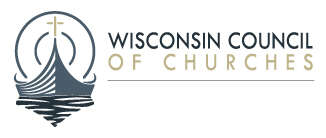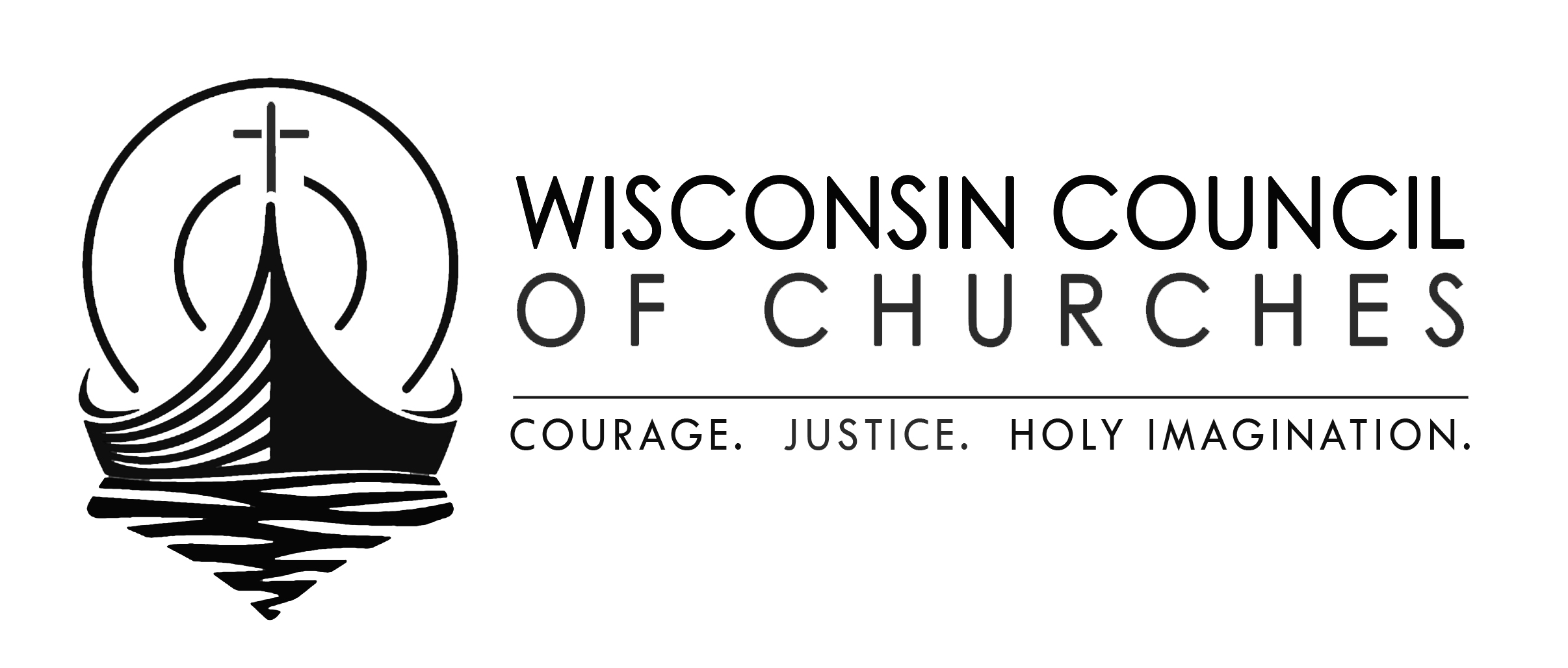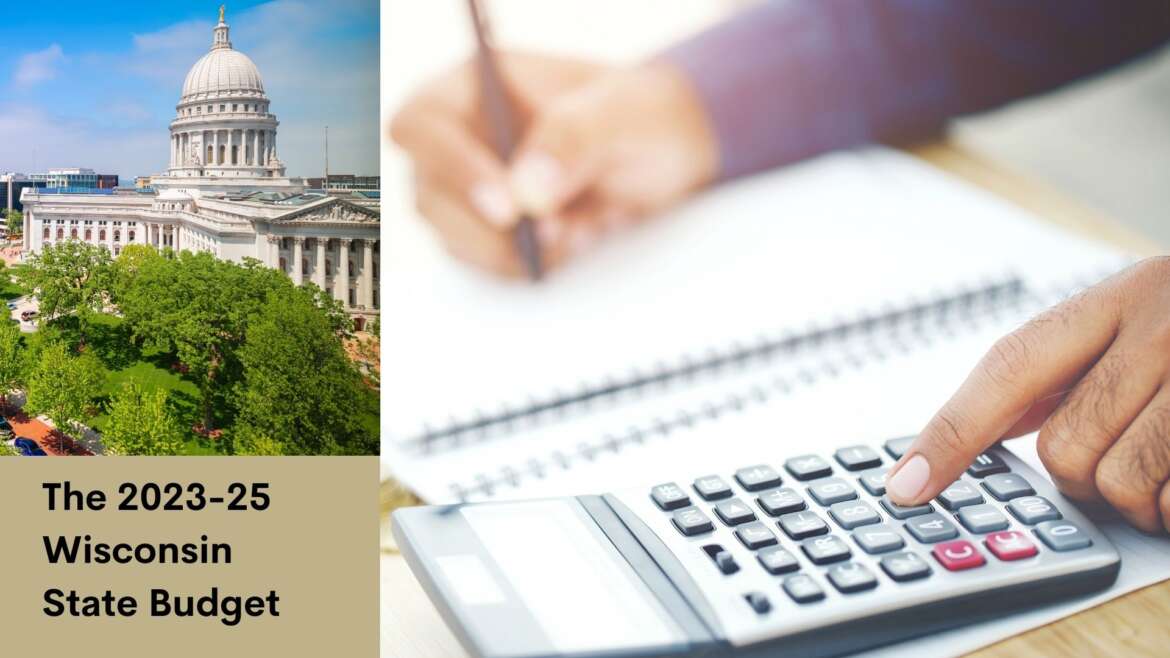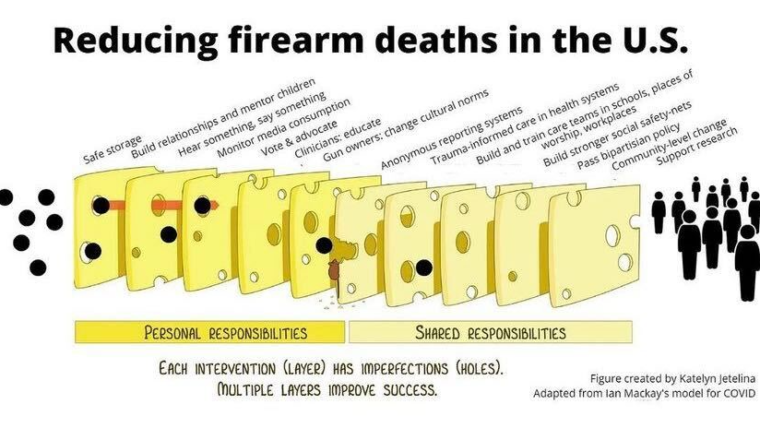The 2023-25 Wisconsin State Budget
Below is a summary of the process leading up to the enactment of the 2023-24 Wisconsin State Budget on July 5, 2023. While every budget cycle is different this will give an idea of what to expect when the process begins again in early 2025.
Every two years, Wisconsin adopts a state budget. (It may look like a three-year budget, because the budget runs from the middle of one odd-numbered year to the middle of the next.) The budget is more than a long list of programs and dollar amounts — it is a statement of our priorities and values as the people of Wisconsin. It expresses the kind of state we want to live in, and what kind of community we want to be.
On the evening of February 15, 2023, Governor Evers gave his budget address to introduce his proposed budget for the next biennium (two-year period). The governor’s budget is a major policy document as well as a spending document, setting out the Governor’s view of the most important needs that state government must address, and what programs and investments can move the state forward.
At the same time, the Governor introduced his proposed budget as a bill in the Wisconsin legislature. (The Budget in Brief gives an overview of the Governor’s budget priorities.) The budget bill is now in the hands of the Joint Finance Committee (JFC), which comprises members of both the State Senate and Assembly, with Republicans in the majority. The JFC held a series of hearings on each state agency’s part of the budget that were open to observation by the public but not for comments from the public. Members of the public had opportunities to give input to the Joint Finance Committee on the budget at four hearings held by the JFC in Waukesha, Eau Claire, Wisconsin Dells, and Minoqua, or by an online comment form.
The JFC then met in a series of executive sessions to vote on each department’s budget. They replaced the Governor’s budget with a substitute amendment, creating a budget from scratch to reflect the majority party’s own values and beliefs about what the state needs. The JFC has identified over 500 items in the state budget to be “removed from further consideration” — meaning that they would not even debate or negotiate on those items. The Senate passed the budget (Senate Bill 70) with an amendment that made some minor tweaks on June 28, and the Assembly passed it the following day. Although several amendments were proposed by Democrats, they were not adopted. (If the houses had passed different versions of the budget, they would have needed to be reconciled in a conference committee.)
Governor Evers used his partial veto power to modify what the legislature passed. He could not add funding or restore any of his proposals, but he removed funding for some items and deleted language that would have restricted how some funds could be spent by various agencies. With one ingenious veto, he deleted some individual characters so that per-pupil school revenue limits were raised until through the year 2425 rather than 2025. Another significant change was vetoing tax cuts for the top two state income tax brackets, while retaining modest increases for the bottom two, thus increasing state revenue from individual income taxes by over 3 billion dollars.
Now that the bill has been signed and enacted as Act 19, the budget is finished — unless the legislature overrides some of his vetoes. (Other bills can be introduced during the session that would require the state ro spend money that is not in the budget, but those bills are supposed to be accompanied by a cost estimate and be approved by the JFC.)
State budget season is a time of vigorous and wide-ranging debate about our state’s public investments and public policies and the values that should shape them. As citizens and people of faith, we have a responsibility to be a part of that debate and tell our elected officials how we believe our state government should care for our neighbors and the corner of creation we call Wisconsin. Be a part of the ongoing conversation by joining WCC’s advocacy network using the sign-up form here!
It’s not too soon to be thinking about what values you want to see reflected in the state budget, and what particular provisions you think would embody those values. Here are some questions to get you started:
Questions for reflection about the state budget:
-
- God has created us to live in community, in interdependence with one another, loving our neighbors as ourselves. What should the budget contain that will enhance the common good of our state — the health of the relationships and institutions that enable us all to thrive?
- God directs us to those on the margins – the poor, the vulnerable, and the strangers among us – to ensure that they are included in the common good. How should the budget support children and the elderly, the chronically ill, the disabled, immigrants, communities of color, low-income persons, and the unemployed and under-employed?
- God has entrusted us with the stewardship of our communities’ resources for present and future generations. How can the next budget ensure that the well-being of our communities will be sustained by a sound economy, a healthy environment, and capable people?
- God expects all sectors of society – government, individuals, business, churches, charities, etc. – to take their share of responsibility for promoting the common good and assisting those in need. How should the budget wisely and fairly distribute responsibility for funding public programs and services?
Learn about Wisconsin’s biennial state budget process:
-
- About Wisconsin: State Budget from the Wisconsin Blue Book
More information on the 2023-25 biennial state budget:
- Governor Evers’ 2023-25 Proposed Budget
- Budget Address — Delivered on February 15, 2023
- Budget in Brief — Describes major budget initiatives
- 2023-25 Executive Budget — Organized by state government agencies.
- Legislative Reference Bureau
- Summary of policy changes proposed in the Governor’s budget compared to current law
- Joint Finance Committee
- Legislative Fiscal Bureau 2023-25 Budget documents
- Summary of the Governor’s proposed budget
- Papers on individual budget items prepared for JFC
- Motions adopted on budget sections by the JFC
- Comparative Summary of the Governor’s and JFC’s budget proposals
- Summary of Provisions, 2023 Act 19, 2023 Wisconsin State Budget
- Summary of Partial Vetoes of 2023, Wisconsin Act 19



